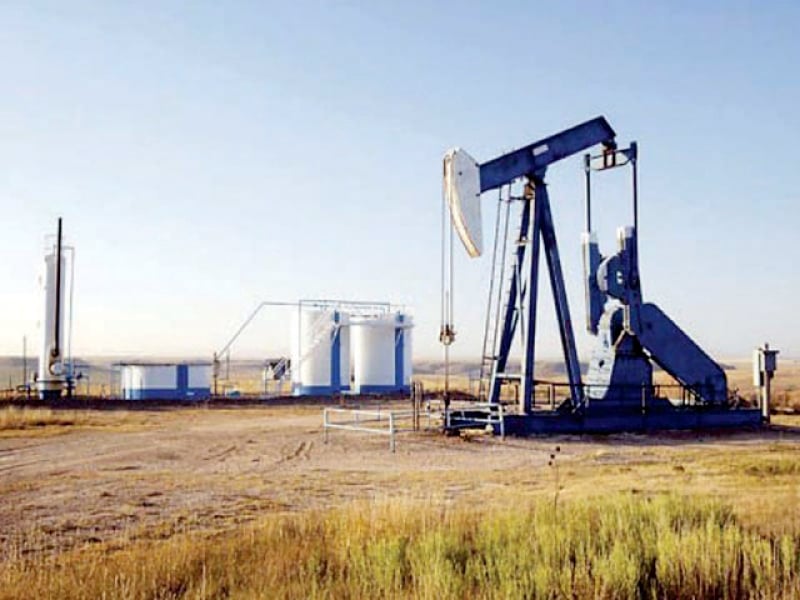

# **Elevated Taxes on Oil Products in Pakistan – Economic Effects and Issues**
Oil products are vital to Pakistan’s economy, forming the foundation of transportation, industrial processes, and energy generation. Nonetheless, the government enforces elevated taxes on oil products, leading to a sharp rise in fuel costs. These taxes, including the Petroleum Development Levy (PDL) and General Sales Tax (GST), provide significant revenue for the government but also raise concerns regarding inflation, economic growth, and public welfare. This article examines the economic effects of high oil taxes in Pakistan and the associated issues.
## **Government Revenue and Fiscal Health**
One of the main motivations for imposing high taxes on oil products is to generate funding for the government. Pakistan consistently faces a fiscal deficit, and oil taxes offer a substantial source of revenue. The government collects billions of rupees each year through the Petroleum Development Levy (PDL) and General Sales Tax (GST) on fuel. These revenues are utilized to finance infrastructure initiatives, social programs, and debt servicing.
However, while these taxes contribute to stabilizing government finances, they also impose a significant financial strain on consumers and businesses. Dependence on petroleum taxation as a revenue source raises questions about sustainability, particularly amidst global oil price fluctuations.
## **Inflation and Living Expenses**
High oil taxes lead to elevated fuel costs, which directly affect transportation and production expenses. As fuel prices escalate, the cost of goods and services also surges, resulting in inflation. In Pakistan, where many residents already grapple with high living expenses, soaring fuel prices further diminish purchasing power and escalate financial stress for households.
Inflationary pressures stemming from high fuel costs influence essential goods, including food, clothing, and utility services. This disproportionately impacts low- and middle-income families, making it increasingly challenging for them to afford basic necessities.
## **Effects on Businesses and Economic Development**
The business landscape is profoundly impacted by high oil taxes. Industries reliant on fuel, such as manufacturing, logistics, and agriculture, encounter increased operational expenditures. Elevated transportation costs result in pricier raw materials and finished products, diminishing competitiveness in both domestic and international markets.
Small and medium-sized enterprises (SMEs), which are crucial to Pakistan’s economic framework, find it difficult to manage rising fuel expenses. Numerous businesses are compelled to raise prices, leading to decreased consumer demand and slower economic expansion. Furthermore, high energy costs may dissuade foreign investors from entering the Pakistani market, further obstructing economic advancement.
## **Public Transport and Mobility Issues**
Public transport systems in Pakistan heavily depend on oil products. Elevated fuel costs result in higher fares for buses, rickshaws, and taxis, making daily commuting more costly for the populace. This situation particularly affects students, workers, and low-income individuals reliant on economical transportation.
Increased transport costs also influence rural communities, where individuals depend on fuel-powered vehicles for farming tasks and market access. Farmers encounter higher costs for transporting crops and goods, which diminishes their profit margins and affects overall productivity in the agricultural sector.
## **Smuggling and Underground Market Issues**
High oil taxes frequently induce fuel smuggling and illegal commerce. When fuel prices in Pakistan are considerably above those in neighboring nations, smuggling becomes an appealing venture. Smuggled fuel is sold at reduced rates, leading to revenue losses for the government and the emergence of an unregulated market.
The illegal fuel trade also undermines quality and safety standards, resulting in environmental and mechanical issues. Tackling smuggling necessitates stricter border enforcement and a more equitable taxation policy to minimize price discrepancies.
## **Policy Suggestions and Alternatives**
To alleviate the adverse effects of high oil taxes, the government should contemplate alternative approaches:
1. **Stepwise Tax Reductions:** Gradually lowering oil taxes may help alleviate inflationary pressures and lessen the financial strain on consumers and businesses.
2. **Revenue Source Diversification:** The government should investigate alternative revenue avenues, such as broadening the tax base, enhancing tax collection efficiency, and fostering non-oil industries.
3. **Investment in Renewable Energy:** Reducing reliance on oil by investing in renewable energy options, such as solar and wind, can help stabilize fuel costs over time.
4. **Public Transport Enhancement:** Expanding and improving public transport infrastructure may decrease dependence on private vehicles and lower fuel consumption.
5. **Subsidies for Vital Sectors:** Delivering targeted subsidies for industries and public transport can mitigate the effects of high fuel costs on essential economic sectors.
## **Conclusion**
High taxes on oil products in Pakistan function as a key revenue stream for the government but also present considerable economic challenges. Rising fuel prices contribute to inflation, elevate business expenses, and reduce public purchasing capacity. While taxation is essential for fiscal health, a balanced approach is crucial to fostering economic growth and public welfare. By enacting strategic policies, the government can lessen the adverse effects of oil taxes while maintaining financial stability and






